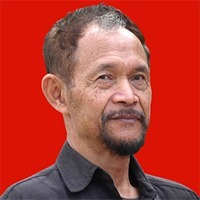The Crown
Monday, February 1, 2021
arsip tempo : 171411947493.

IN early 1953, Queen Elizabeth II was crowned at Westminster Abbey. For the first time in 900 years, the ceremony was open to all: it was broadcast on television. Around 27 million people witnessed the previously-closed ceremony. They followed every sequence, and were fascinated. The coronation became a spectacle. Performance and illusion fused; people were enthralled.
But not everyone. In The Crown—an impressive NETFLIX produce
...
Subscribe to continue reading.
We craft news with stories.
 For the benefits of subscribing to Digital Tempo, See More
For the benefits of subscribing to Digital Tempo, See More











